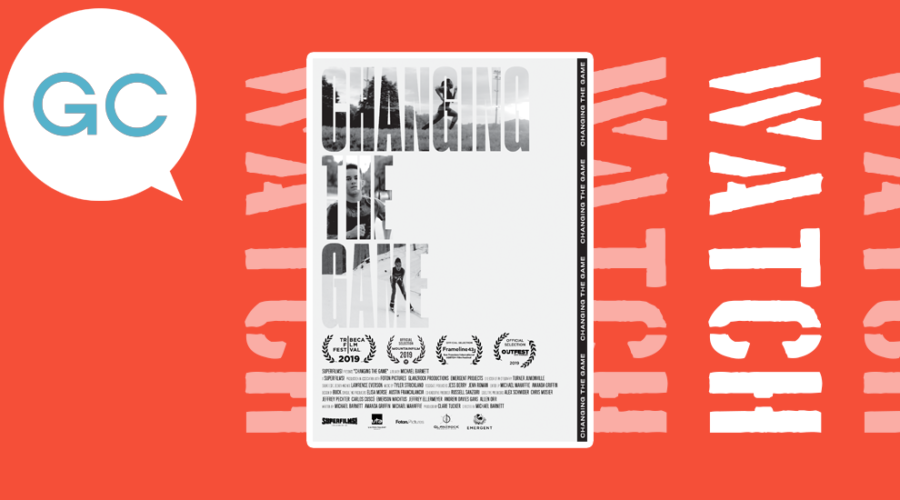They train and compete and train and compete with relentless passion and commitment. But, unlike their peers, when they win they are not celebrated. They are criticised and abused.
Why? Because these young people, who are funny, talented, skilled and loved, are trans.
Sarah
Sarah is in New Hampshire, she vlogs about make-up and she skis. Her state’s policy says that she can only compete with other girls if she has had gender affirmation surgery – a ridiculous requirement to place on teenagers.
If people her age and younger were in fact having these surgeries, there would be a different kind of outrage. She cannot win.
Mack
Mack has clearly found his thing. He wrestles but, because of outdated rules in his state, he has to compete against girls. He is a boy and he wants to wrestle boys. But the system does not allow it.
He keeps winning, he’s state champion, and the parents of his opponents are not happy. He cannot win.
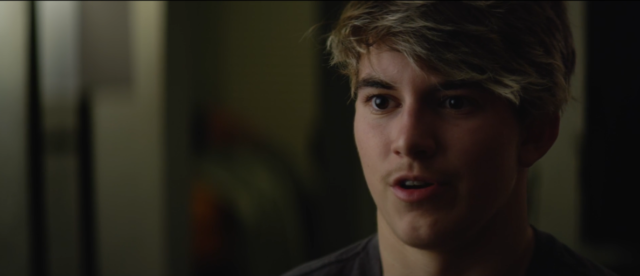
Andraya
Andraya is a runner. She lives in Connecticut, where she can compete with other girls. She excels in her sport and, when she does, parents object in her vicinity. You can see her confidence crumple as she hears the bolshy proclamations and criticism aimed at her. She cannot win.
Trans youth can’t win
Fully grown adults reacting with fury to these young people is an unpleasant theme in this film, and in these teenagers’ lives.
Sarah can’t compete with the girls unless she has surgery. She can’t have surgery, nor should she be pushed into surgery before she’s ready.
Andraya can compete with the girls’ team but is subject to oppressive anger from the parents of her teammates.
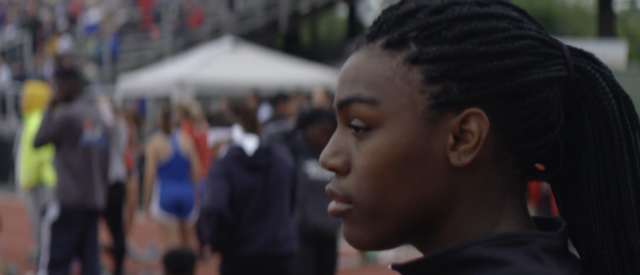
Mack wants to compete with the boys. When forced to compete with girls, parents object and he is subject to intrusive speculation about his life.
If he was allowed to compete with boys and trans girls could compete with cis girls, those same parents would object to that, too. What is he supposed to do?
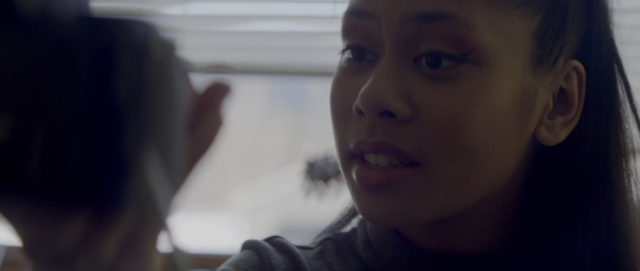
Abuse
The teen years, as I remember them, are excruciating enough without Fox News debating your right to do the thing you love, and the thing that might just get your college education paid for.
In this film, we see grown adults raging at, and about, children. We see children’s lives debated on Fox News. We see the pain in these kids’ eyes as they read the comments online calling them “it”.
Thankfully, these young people each have friendship groups, coaches and families who love and support them. It is striking that some of the adults, in particular, had quite a journey to come to a place where they could fully love and accept these teenagers as they are.
Mack’s grandparents, in particular, can’t quite get their head around pronouns and they reminisce about his past when he presented as a girl. His grandmother talks of a period of reading the Bible intensively to try to find passages that reference gender transition. This can’t have been an easy period of time for Mack himself.
But the film also highlights that, when a person they love told these adults who they were, they eventually got to a place where that was something they could embrace.
The parents and grandparents of the trans teens in the film grew into vocal defendants of these young people and their rights.
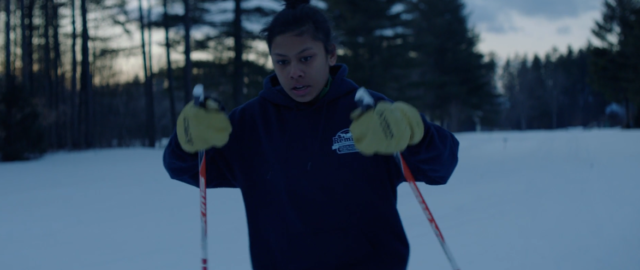
The parents of Mack, Sarah and Andraya’s competitors, on the other hand – not to mention the Fox News hosts – could benefit from the insight of truly knowing and loving somebody who is telling them, clearly, who they are, and learning to embrace that.
As it is, they remain stuck in their prejudices and this is causing great harm to young trans people. It could also prevent others in their lives from trusting them with the truth about themselves.
Reassuringly, though, the young people in the film, and the adults who worked on themselves until they could be accepting, are examples of how it can, and should, be done.
Imagine the magic Mack, Sarah and Andraya would be capable of if they weren’t having to spend their time dealing with older-but-not-wiser people’s prejudices.
Living as your true self should not require bravery, and it should not call for stand-offs against state governments, the parents of your peers, and gigantic TV networks. To be facing these issues in your teens, along with all the other challenges those years bring, is incredibly difficult.
Mack, Sarah and Andraya and their friends and peers are exceptional young people. Their energy and efforts should be going into nurturing their talents and growing into young adults.
Imagine the magic they’d be capable of if they weren’t having to spend their time dealing with older-but-not-wiser people’s prejudices.
Changing the Game is released on all UK streaming platforms from today to coincide with Transgender Day of Remembrance.

